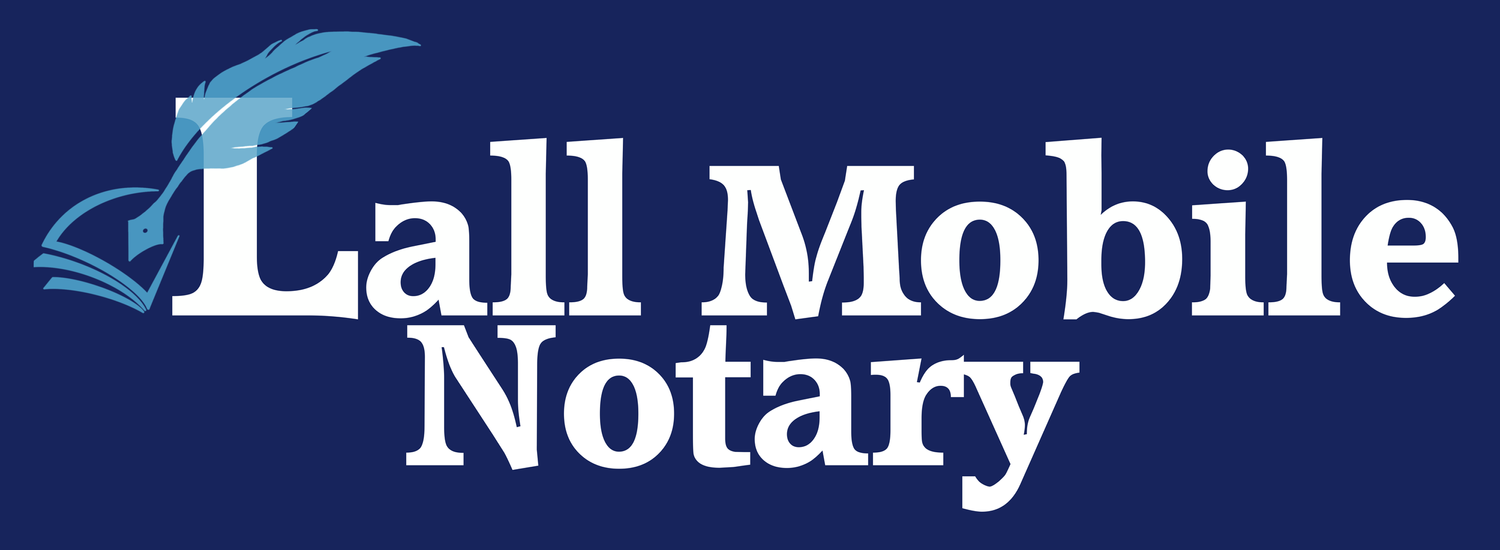FAQs
What does a notary public do?
A notary public is a professional authorized by the state to perform various legal duties related to document verification and authentication. Their primary responsibilities include:
Witnessing Signatures: Notaries are responsible for verifying the identity of individuals signing documents and witnessing the signing to ensure it is done willingly and under no undue influence.
Administering Oaths and Affirmations: They can administer oaths for affidavits and other legal documents, emphasizing the importance of truthfulness in sworn statements.
Certifying Copies: Notaries can make certified copies of certain documents, ensuring these copies are accurate representations of the original.
Acknowledgments: They provide acknowledgments to affirm that the signer has personally appeared before them and understood the document being signed.
Performance of Loan Signings: Notaries often participate in loan signings, where they facilitate the signing of mortgage documents, ensuring that all paperwork is completed correctly.
What should I have Ready?
To ensure a smooth notarization appointment, please prepare the following:
Valid Identification: Bring an original, government-issued photo ID, such as a driver’s license or passport. The ID should be current and clearly show your name and photograph.
Documents to Be Notarized: Have all documents ready and signed in front of the notary, unless otherwise specified. Make sure you do not sign the documents until your appointment, as the notary needs to witness your signature.
Payment Information: Prepare to make payment at the time of service. Confirm the payment method accepted by your notary (cash, credit/debit card, etc.) and have funds readily available.
Witnesses: If your documents require witnesses, ensure that you have any necessary witnesses present at the time of notarization. Verify in advance if witnesses are needed and, if so, how many are required.
Additional Documents: If your notarized documents pertain to financial transactions or legal matters, it may be helpful to bring any additional documents that provide context or support.
By having these items prepared, you can facilitate a more efficient and effective notarization process.
Fees and Payment
Florida statutory fees for notarization are set at $10 per notarization. Travel fees will vary depending on your location. If you require additional signatures on the same document, there is an additional fee of $10 for each signature.
For a complete quote tailored to your specific needs, please contact us directly. We accept various mobile payment options, including Venmo, PayPal, cash, and credit cards.
What types of Identification is acceptable?
Driver License or State ID Card
U.S. Passport
Foreign Passport
U.S. Military ID
Permanent Resident (Green) Card
Inmate ID Card
ID Issued by a U.S. Government Agency or Bureau
What if my document is incomplete?
Documents must be complete before notarization. We cannot notarize documents with blank spaces or missing information.
